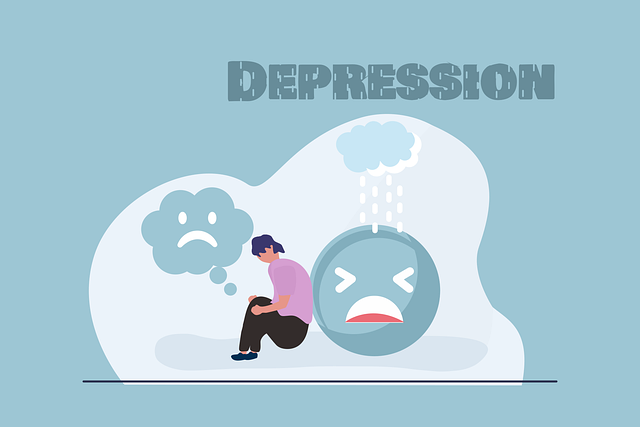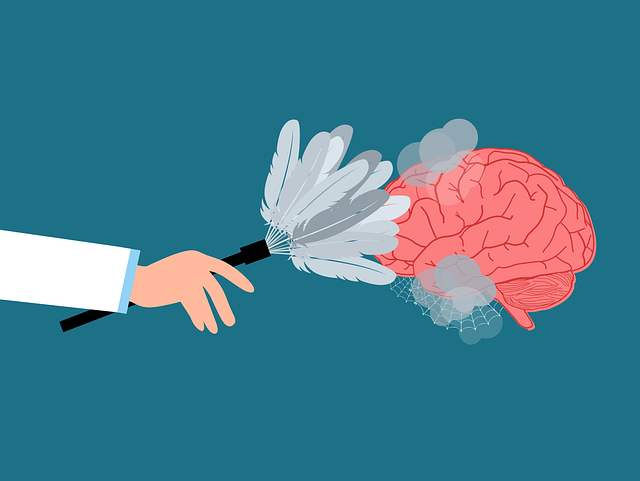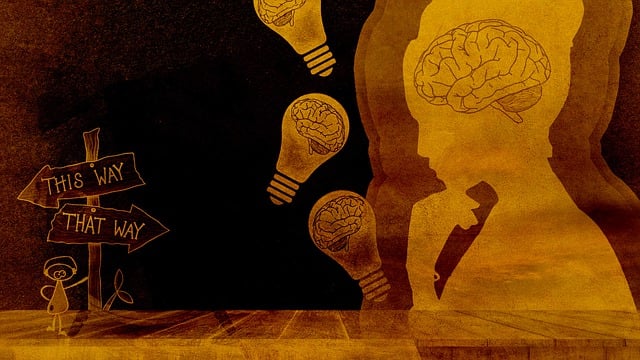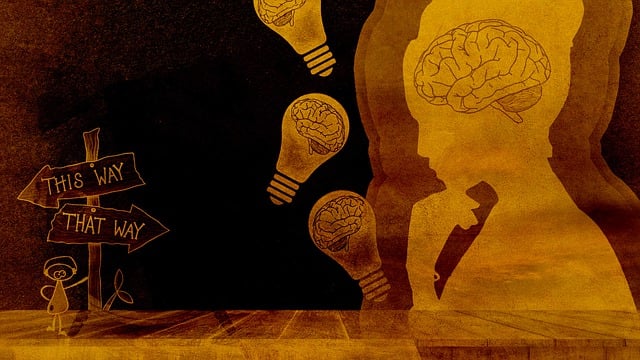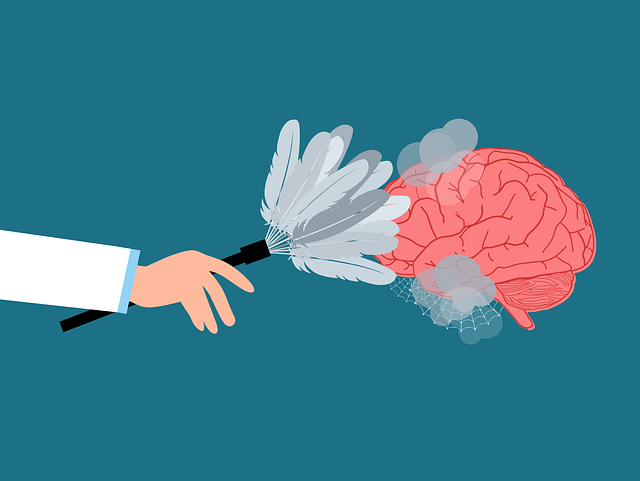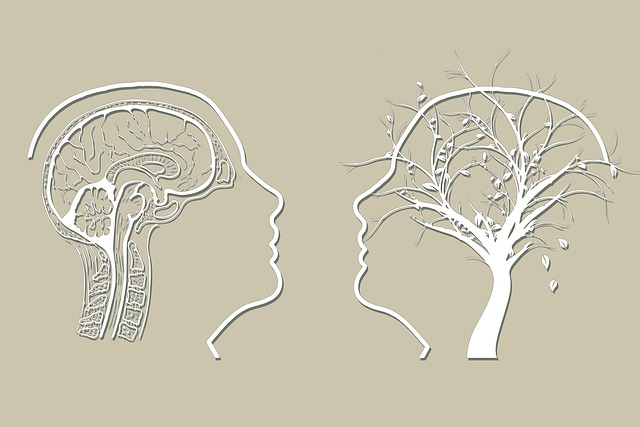Stress management workshops focused on children's emotional well-being, particularly during gender identity development, should incorporate age-appropriate therapeutic approaches like Social Skills Training and mindfulness exercises. These strategies empower kids to handle stress, express emotions healthily, and build resilience. Creating safe, inclusive spaces is vital for sensitive topics; compassion cultivation practices encourage understanding and empathy. A strategic, long-term approach, tailored to diverse needs with regular follow-ups, enhances the impact of therapy for children with gender identity issues.
Stress management workshops are powerful tools for fostering resilience in children, especially those navigating complex issues related to gender identity. This article explores how such programs can be organized and structured to address unique challenges. We delve into understanding child stress and its impact on gender identity development, providing insights into designing effective workshop content. Additionally, we highlight the creation of safe spaces, crucial for inclusive participation, and offer strategies for implementing and evaluating these workshops to ensure long-term positive outcomes for children’s well-being, including considerations for therapy related to gender identity.
- Understanding Children's Stress and its Impact on Gender Identity Development
- Designing Workshop Content: Activities and Techniques for Effective Stress Management
- Creating a Safe and Inclusive Environment: Addressing Sensitivity to Gender Identities
- Implementing and Evaluating the Workshop: Strategies for Long-Term Success and Child Well-being
Understanding Children's Stress and its Impact on Gender Identity Development

Children experience stress just like adults, but their ability to process and express it is still developing. This can have profound effects on their emotional well-being, particularly during crucial periods of growth, such as gender identity development. Research suggests that chronic stress in children can disrupt the balance of hormones that influence their sense of self, potentially leading to confusion or delays in forming a solid gender identity.
Workshops focused on stress management for young individuals should incorporate therapeutic approaches tailored to their age and developmental stage. Social Skills Training, for instance, can help children identify and express their emotions healthily, while Stress Reduction Methods like mindfulness exercises can teach them to manage overwhelming feelings. Additionally, Self-Esteem Improvement activities can empower children to view themselves positively, regardless of gender, fostering a sense of resilience that supports overall mental health.
Designing Workshop Content: Activities and Techniques for Effective Stress Management

Designing effective workshop content for stress management involves a blend of interactive activities and therapeutic techniques tailored to cater to diverse participants. Workshops should incorporate exercises that promote relaxation, such as mindfulness meditation or progressive muscle relaxation, alongside engaging discussions on recognizing triggers and developing healthy coping mechanisms. Facilitators can also integrate creative outlets like art therapy or journaling prompts to encourage emotional expression and self-reflection, fostering a sense of safety and trust within the group dynamic.
For workshops aimed at specific demographics, such as children exploring gender identity, incorporating age-appropriate activities and sensitive handling of topics related to self-discovery is crucial. Techniques that boost confidence and build resilience can be powerful tools for navigating stress, especially when combined with emotional well-being promotion strategies. Public awareness campaigns development can also benefit from these workshops by providing valuable resources and information to a broader audience.
Creating a Safe and Inclusive Environment: Addressing Sensitivity to Gender Identities

Creating a safe space is paramount for effective stress management workshops, especially when navigating sensitive topics like gender identity. It involves fostering an inclusive environment that welcomes participants from all walks of life, ensuring no one feels marginalized or hesitant to share their experiences. This sensitivity is crucial in therapy for children with diverse gender identities, where every individual deserves to feel seen and heard without fear of judgment.
Organizers should implement compassion cultivation practices to promote understanding and empathy. By encouraging active listening and open dialogue, workshops can become platforms for learning and support. Addressing mental health policy analysis and advocacy ensures that these safe spaces are not just temporary, but contribute to broader social acceptance and better mental health resources for all, including those with unique gender identities.
Implementing and Evaluating the Workshop: Strategies for Long-Term Success and Child Well-being

Implementing a stress management workshop for children goes beyond one-time sessions; it’s about fostering long-term strategies for well-being. To ensure success, workshops should be tailored to diverse needs, incorporating interactive activities and age-appropriate techniques that promote emotional regulation and self-esteem improvement. Engaging parents or caregivers in these programs is essential, as they can support children in applying learned skills at home. Regular follow-ups and ongoing resources reinforce positive changes, making therapy for children with gender identity issues more effective.
Evaluating the workshop’s impact is crucial to measure its effectiveness. This involves collecting feedback from both children and their healthcare providers, who can assess improvements in areas like emotional resilience and cultural competency understanding. By integrating these insights, organizations can refine their approaches, ensuring that the workshops not only meet but exceed expectations for child well-being.
Stress management workshops tailored to address children’s stress and its impact on gender identity development can be transformative. By incorporating evidence-based techniques, creating safe spaces, and sensitively navigating gender identities, these programs offer a promising avenue for fostering resilience and well-being among young individuals. Through effective content design, inclusive environments, and thoughtful implementation, such workshops have the potential to serve as powerful tools in supporting children’s mental health, especially in relation to their developing gender identities. This approach merits further exploration within therapeutic settings to enhance the lives of those navigating gender identity challenges.
